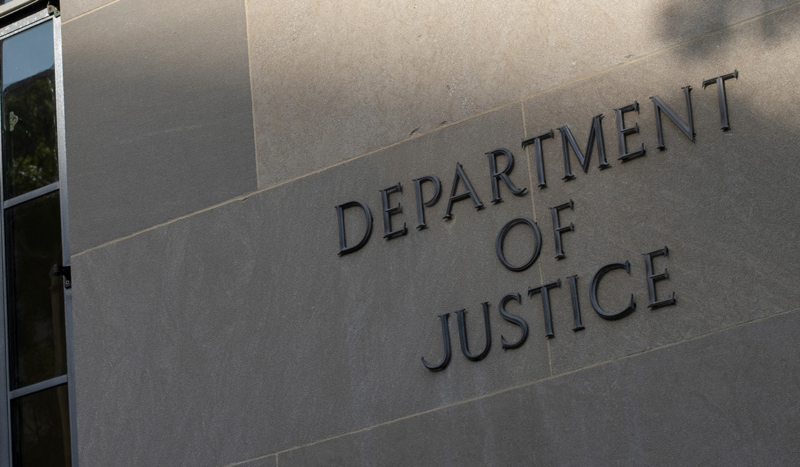
Tada Images / stock.adobe.com
Despite growing public pressure to release more information about Jeffrey Epstein, efforts to increase transparency continue to stall across multiple branches of government.
On July 23, a federal judge rejected the Department of Justice (DOJ)’s request to unseal grand jury records from Epstein’s 2000s Florida case. Meanwhile, in the Senate, competing resolutions from both parties have failed to advance amid accusations of political posturing and constitutional overreach.
US District Judge Robin Rosenberg, an Obama appointee, ruled that the DOJ had not met the legal standards required to justify releasing the sealed materials.
“The court’s hands are tied,” Rosenberg wrote, citing Eleventh Circuit precedent that allows unsealing only for specific judicial purposes.
The DOJ had filed the motion July 18 in response to mounting public demand and lingering questions surrounding Epstein’s 2019 death.
A July 7 memo from the DOJ and FBI concluded that Epstein died by suicide and did not have a “client list.” The findings drew immediate skepticism.
As CatholicVote reported July 16, President Donald Trump dismissed speculation about Epstein’s death as a “hoax” driven by Democrats.
The DOJ has also asked a federal court in Manhattan to unseal grand jury materials from a later case involving Epstein and his longtime associate Ghislaine Maxwell, according to a July 23 FOX News report. Maxwell is currently serving a 20-year sentence for sex trafficking and conspiracy.
Meanwhile, lawmakers in the Senate are clashing over efforts to release more information.
On July 24, Sen. Ruben Gallego, D-Ariz., introduced a resolution urging Attorney General Pam Bondi to release all remaining DOJ files related to Epstein.
“If there is any evidence of a cover-up in the Epstein case,” Gallego said on the Senate floor, according to The Hill, “the public has a right to know.”
The July 7 memo indicated the DOJ would not release all Epstein-related materials, citing the need to protect victims’ privacy.
Sen. Markwayne Mullin, R-Okla., blocked Gallego’s resolution, warning that it crossed a constitutional line and “blurred [the] line between the separation of powers.”
“We make laws,” Mullin said. “We can’t dictate to other branches on what they must and how they must do their job.”
Instead, Mullin introduced his own resolution calling on federal and state courts to unseal all Epstein and Maxwell-related material, with redactions to protect victims and preserve ongoing prosecutions.
“All credible information on the Epstein case must be made public so that the American people can decide,” Mullin said in a July 24 X post.
He called the Democrat resolution a “political football” that “tells the FBI and DOJ how to do their jobs.”
Gallego, however, objected to Mullin’s measure and proposed merging the two resolutions.
Mullin rejected the offer and accused Gallego of obstructing transparency.
“If he would drop his objection to my resolution,” Mullin said on the Senate floor, “and simply have mine go through, we can move forward with the transparency both of us actually want.”

